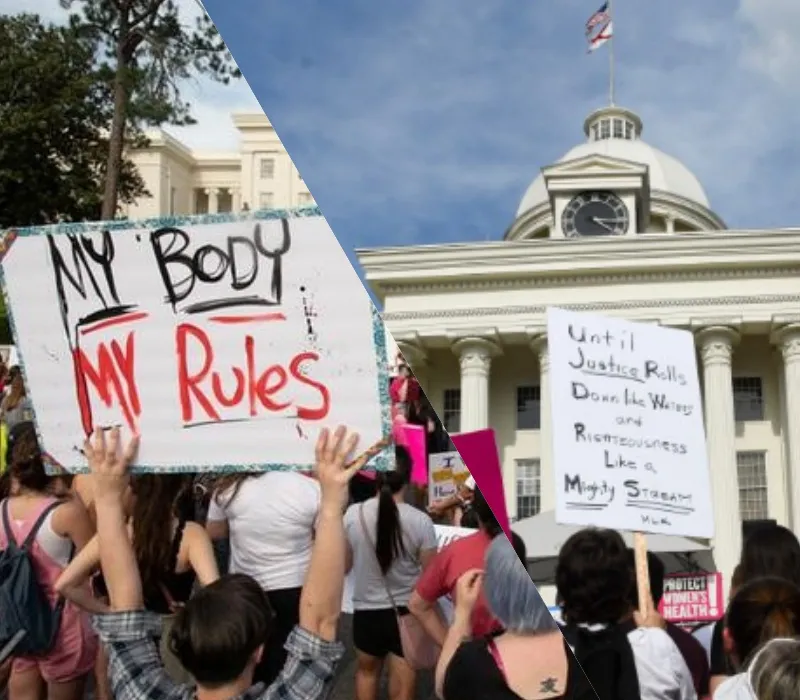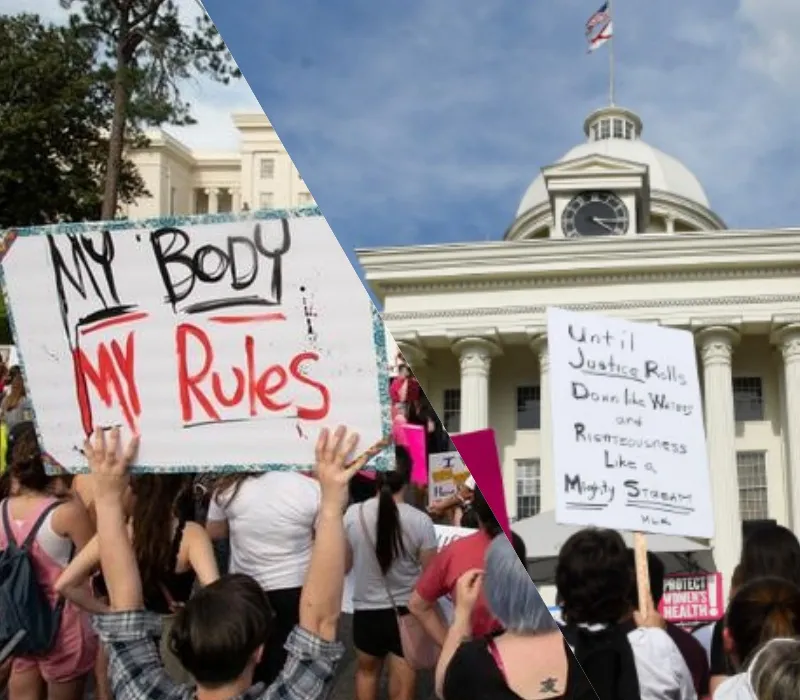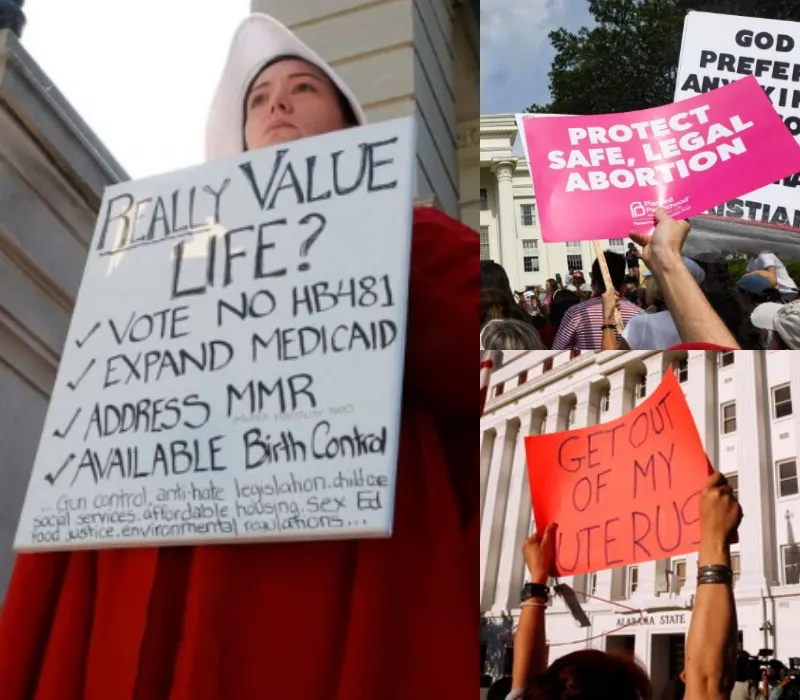Alabama as a Test Case for Abortion Access Amid Legal Restrictions

Alabama as a Test Case for Abortion Access Amid Legal Restrictions
In the aftermath of the 2022 Supreme Court decision that overturned Roe v. Wade, Alabama has become a critical battleground in the struggle over abortion access in the United States. Since most abortions were outlawed in the state, the West Alabama Women’s Center continues to receive numerous calls daily from women seeking to end pregnancies. However, the center is no longer able to provide abortion services or even offer advice on where to find them, due to the threat of legal repercussions from Alabama Attorney General Steve Marshall. Marshall has warned that organizations helping Alabamians obtain abortions out of state could face criminal conspiracy charges.

Legal Battles and National Implications
The situation in Alabama is currently being examined by a federal judge, whose decision could set a precedent affecting abortion rights and access across the nation. If the judge sides with Marshall, other anti-abortion states might follow Alabama’s lead, potentially making it more difficult for women to seek abortions even in states where the procedure remains legal. This legal challenge has attracted the attention of the Biden administration, which supports the organizations challenging Marshall, underscoring the issue’s significance at a national level.
Constitutional Questions
The core of the legal argument revolves around free speech and travel rights. Abortion rights advocates argue that restricting the ability to provide information and support for out-of-state abortions infringes on constitutional rights. U.S. District Judge Myron Thompson’s upcoming ruling will be closely watched, as it could influence similar efforts in other states. Justice Brett Kavanaugh, in his concurring opinion during the Supreme Court’s decision to overturn Roe v. Wade, hinted at the constitutional protection for interstate travel, suggesting that states cannot prevent residents from traveling to another state to obtain an abortion.
The Role of Advocacy Groups
The Yellowhammer Fund, a nonprofit that once helped women access abortion services, has ceased offering out-of-state assistance due to the legal threats from Marshall. They, along with the West Alabama Women’s Center and other entities, have filed lawsuits challenging the state’s restrictions. The American Civil Liberties Union (ACLU) is also involved in the legal battle, emphasizing that a ruling in favor of the Alabama Attorney General could embolden other states to adopt similar restrictive measures.
Increasing Out-of-State Abortions

The restrictive laws in Alabama and other southern states have significantly increased out-of-state travel for abortions. Data from the Guttmacher Institute indicates that nearly 20% of abortion patients in 2023 traveled to another state, up from 10% in 2020. This trend highlights the growing obstacles women face in accessing abortion services and the importance of legal interpretations that could either protect or further restrict reproductive rights.
Broader Implications for Abortion Rights
While Alabama’s legal approach is not universally embraced by anti-abortion groups, it represents a broader strategy within the movement to explore the legal boundaries in a post-Roe America. The outcome of this legal challenge will not only affect Alabama but could serve as a model for other states seeking to restrict abortion access beyond their borders. As the nation continues to grapple with the fallout from the Supreme Court’s decision, Alabama’s case serves as a pivotal moment in the ongoing debate over reproductive rights in America.






